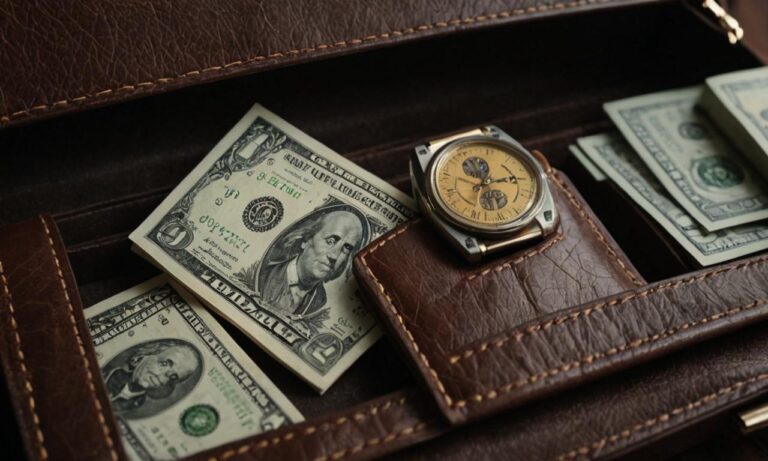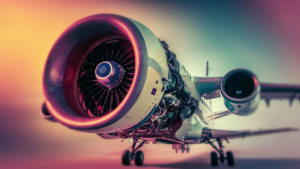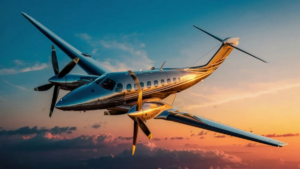When it comes to traveling by air, there are numerous regulations and restrictions in place, and one common question that arises is how much money can you carry on a plane. Understanding these regulations is essential to ensure a smooth and hassle-free journey.
International Travel
For international travel, it’s crucial to be aware of the regulations set forth by both the country of departure and the destination country. While there is no specific limit on the amount of money you can carry internationally, you must declare any amount exceeding $10,000 USD or its equivalent in other currencies.
Domestic Travel
When traveling domestically within a country, there are typically no restrictions on the amount of money you can carry. However, it’s advisable to carry only the amount needed for your trip to avoid any potential issues.
Declaration Requirements
For international travelers carrying amounts exceeding $10,000 USD or its equivalent, it’s mandatory to declare the currency to customs officials. Failure to do so can result in penalties, including confiscation of the funds.
Forms of Currency
It’s essential to note that currency isn’t limited to cash but also includes traveler’s checks, money orders, and negotiable instruments. The same declaration requirements apply to these forms of currency.
Security Considerations
While there are no specific limits on the amount of money you can carry, it’s important to consider security concerns. Carrying large sums of cash can make you a target for theft or may raise suspicion during security screenings.
Alternative Options
Instead of carrying large amounts of cash, consider using alternative methods such as credit cards, debit cards, or prepaid travel cards. These options provide a safer and more convenient way to make purchases while traveling.
In summary, there are no strict limits on the amount of money you can carry on a plane, but it’s essential to be aware of declaration requirements, especially for international travel. Consider using alternative payment methods and only carry the amount of cash needed for your trip to ensure a stress-free journey.
Money Exchange Services
Many airports offer money exchange services where you can convert your currency into the local currency of your destination. These services can be convenient, but it’s essential to be mindful of exchange rates and any associated fees.
Travel Insurance Coverage
Some travel insurance policies may offer coverage for lost or stolen cash while traveling. Reviewing your policy before your trip can provide peace of mind and financial protection in case of emergencies.
Customs Regulations
Aside from currency restrictions, be aware of other items that may have restrictions or require declaration when crossing international borders. This could include items such as valuable goods, electronics, or certain food items.
Frequently Asked Questions
Below are some frequently asked questions regarding carrying money on a plane:
| Question | Answer |
|---|---|
| Are there any limits on carrying money within the same country? | Generally, there are no specific limits on carrying money domestically, but it’s advisable to carry only what is necessary for your trip. |
| What happens if I fail to declare currency exceeding $10,000 USD? | Failure to declare currency exceeding $10,000 USD or its equivalent may result in penalties, including confiscation of the funds and possible legal repercussions. |
| Can I carry large amounts of cash in my checked luggage? | While it’s not prohibited, it’s generally not recommended to carry large sums of cash in checked luggage due to security concerns and the risk of loss or theft. |
See also:






